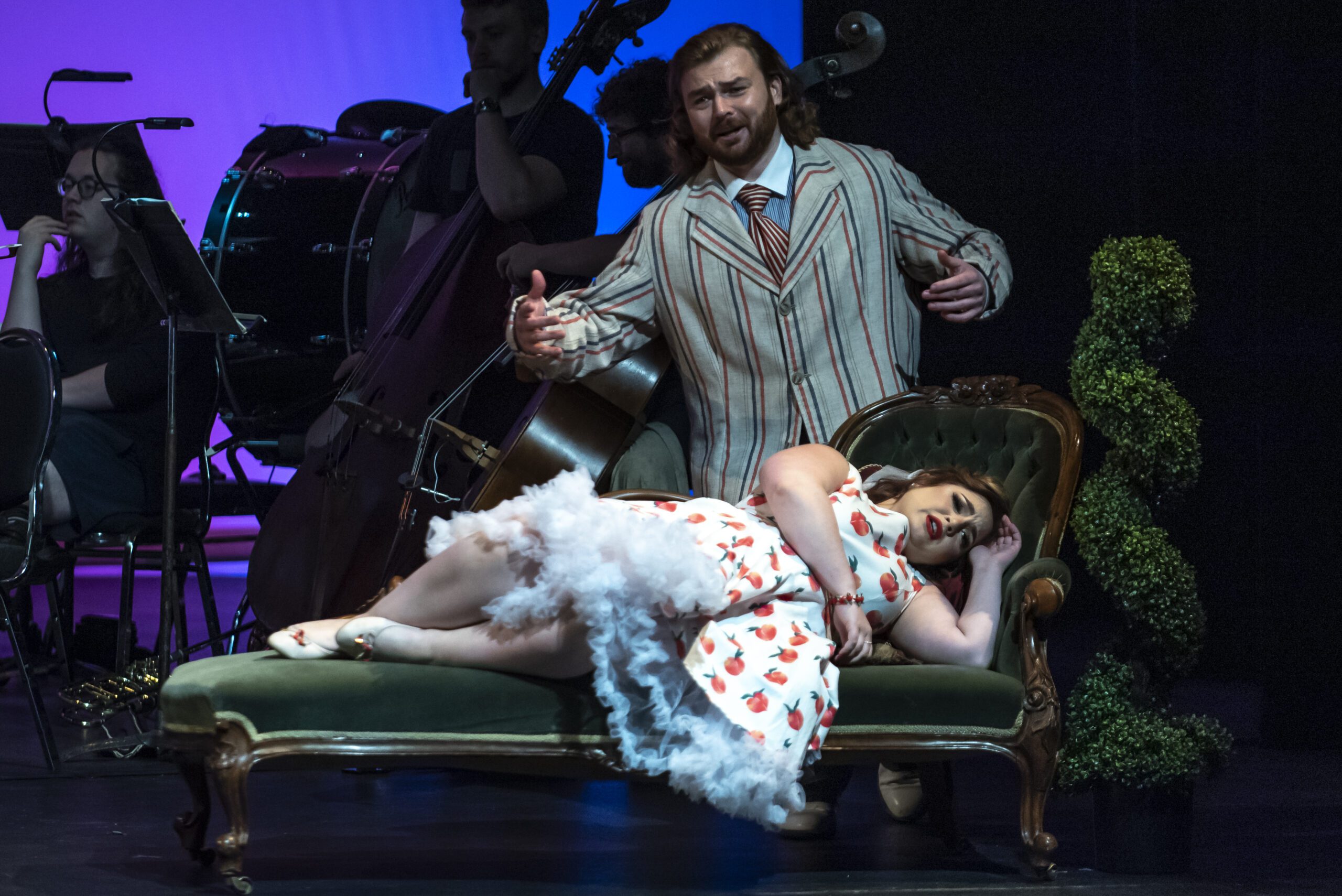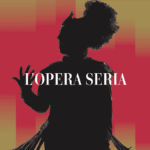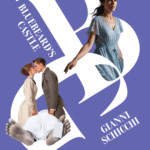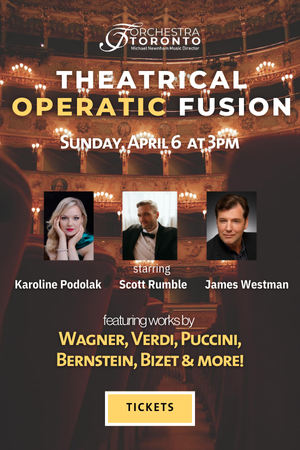On his deathbed, English character actor Edmund Gwenn was purported to have said, “Dying is easy, comedy is hard.”
On July 11th, BrottOpera presented one of the funniest operas of all time – Rossini’s The Barber of Seville – at Theatre Aquarius in Hamilton, Ontario. There are many things which contribute to making Rossini’s masterpiece hilarious, and it takes a skilled production team to make an audience enjoy something that is as subjective as humour. From start to finish, the BrottOpera team used the music, the characters and the staging to create an unforgettable evening of comedy.
Rossini’s technically brilliant score can produce feelings of joy, but first and foremost the orchestra must be lively and precise. At the helm of the National Academy Orchestra was Tania Miller, the new Artistic Director of the Brott Music Festival, and Artistic Director and Conductor of the National Academy Orchestra of Canada and BrottOpera. Under her direction, the musicians embraced the difficult accelerations, crescendos, repetitions and ornamentations typical of Rossini’s opera buffa style.
It was obvious that Miller was having a good time, and her enthusiasm was passed on to the young orchestra; they played with a youthful exuberance that would have delighted the composer who himself was only 24 when Barber premiered. What was even more remarkable was the fact that the singers sang downstage in front of the orchestra with their backs to Miller. What could have been a disaster with a score filled with tricky timing, was held together by Miller’s meticulous direction, a tiny monitor, and sightlines created by director Jessica Derventzis.
Derventzis’ ingenious use of a small performance area was fascinating. Rather than resorting to “stand and sing” configurations because of space limitations, Derventzis’ characters danced, intermingled, and intertwined to create a visual representation of Rossini’s circuitous score. Rather than distracting from the music, hilarious dance routines accented the changes in pace and rhythm. Her stage blocking was precise, but her collaborative approach with the singers allowed them freedom of expression which they used to the fullest.
![Mikelis Rogers as Figaro[12]](https://operacanada.ca/wp-content/uploads/2024/07/Mikelis-Rogers-as-Figaro12-scaled.jpg)
Photo Credit: Bob Hatcher BrottOpera’s The Barber of Seville
Mikelis Rogers (Figaro)
Whether singing from an elevated platform behind the orchestra, popping up in balconies, or breaking the fourth wall and taking over the conductor’s podium, all the singers had the technical chops needed to produce Rossini’s jovial vocal fireworks. As the title character, Mikelis Rogers was charismatic and delivered a show-stopping “Largo al Factotum” which displayed his technical expertise with rapid-fire patter delivered with his rich baritone voice. Justine Ledoux’s Rosina started out with haunting, smoky tonality in “Una voce poco fa,” contrasting sharply with her soaring high notes at the end of that same piece. Ledoux’s command of her lower and higher register made for thrilling artistry throughout the opera.
With a beautifully phrased and sung “Ecco, ridente in cielo,” Wesley Harrison’s Count Almaviva was strong from the get-go. His light tenor was chameleon-like as he switched characters, and his voice was adept whether he was playing a love-lorn Count, a drunken soldier, or a sycophantic Don Alonso. Ana Isabella Castro’s turn as Berta the maid was comedic gold, culminating in her wonderful rendition of the much put upon maid’s only aria in Act II, “Il vecchiotto cerca moglie.” Nicholas Murphy was a full voiced Doctor Bartolo with a flare for comic acting; his aria “A un dottor della mia sorte” ended with prolonged applause from the appreciative audience. Matthew Li was an equally hilarious Basilio whose vibrant bass voice was in fine form in solo work and was a welcome addition to ensemble pieces. Connor Hopenbrouwsers’ Fiorello/Ufficiale was vocally strong and rounded out this dynamic cast.
Kudos to the nine chorus members under the direction of Shawn Oakes. This group of young men, who are either currently studying or recently studied vocal music at the university level, provided amusing stage antics as well as an exciting wall of sound during chorus pieces. Although Rossini once quipped, “How wonderful opera would be if there were no singers,” I have no doubt whatsoever that he would have been delighted with the comic timing and vocal acrobatics of every singer on stage.
The Barber of Seville was the very work with which BrottOpera made its premier ten years ago, and this revival was a wonderful way to celebrate that milestone. Here’s to many more years of supporting these skilled emerging artists, something that Boris Brott himself did for countless Canadian artists.
![Figaro (Mikelis Rogers) and Dr. Bartolo (Nicholas Murphy) (1)[62]](https://operacanada.ca/wp-content/uploads/2024/07/Figaro-Mikelis-Rogers-and-Dr.-Bartolo-Nicholas-Murphy-162-scaled.jpg)
Photo Credit: Bob Hatcher BrottOpera’s The Barber of Seville
Mikelis Rogers (Figaro) and Nicholas Murphy (Dr. Bartolo)
Related Content ↘
Opera Canada depends on the generous contributions of its supporters to bring readers outstanding, in-depth coverage of opera in Canada and beyond. Please consider subscribing or donating today.
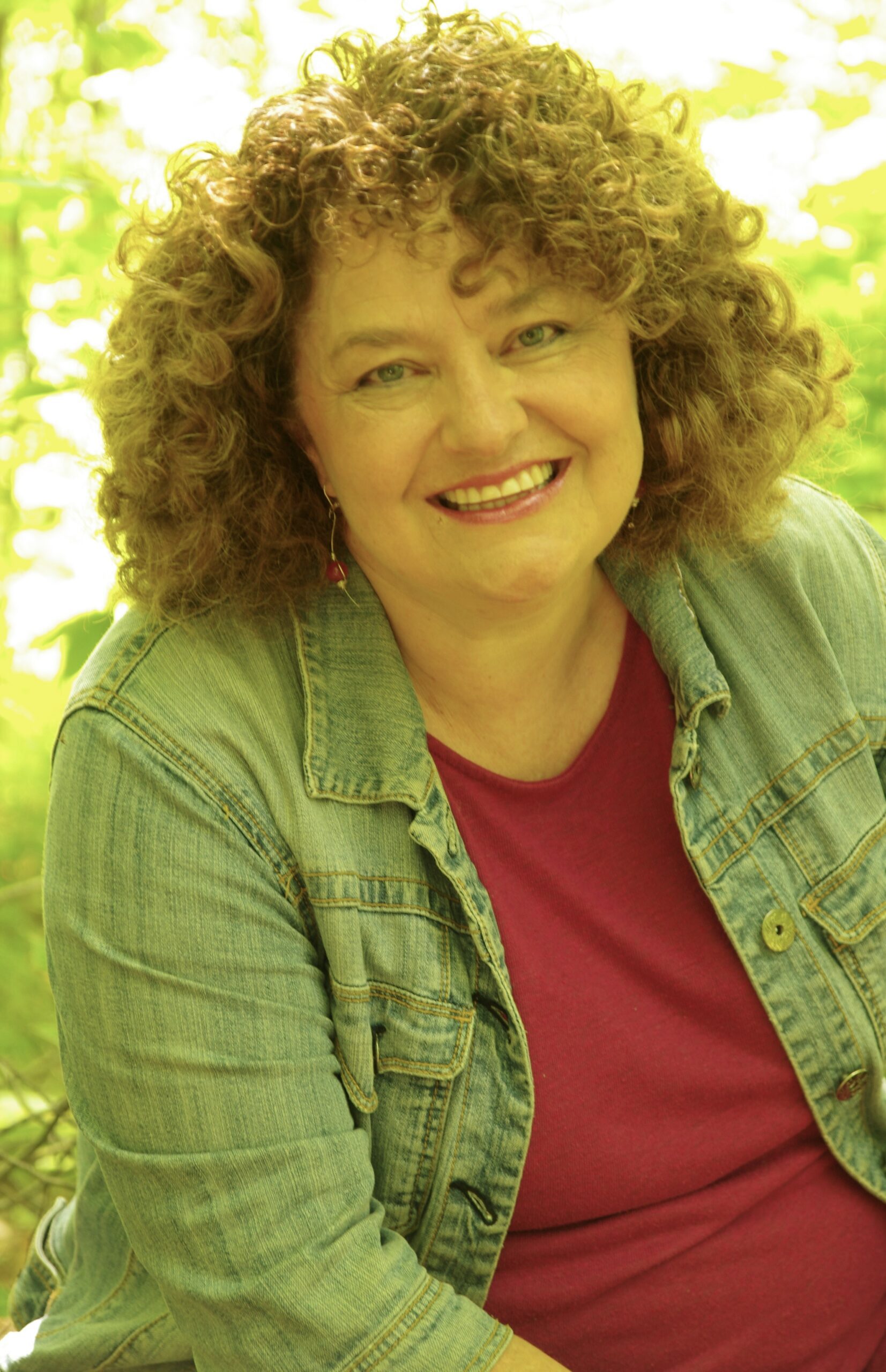
Dawn Martens received a 2010 Ruby Award for opera education, as well as a 2020 Governor General’s History Award for Excellence in Teaching for an online children’s production of Brundibar. A writer for Opera Canada for over 20 years, she is currently the host of Opera Night in Canada on 100.9 Canoe FM.

